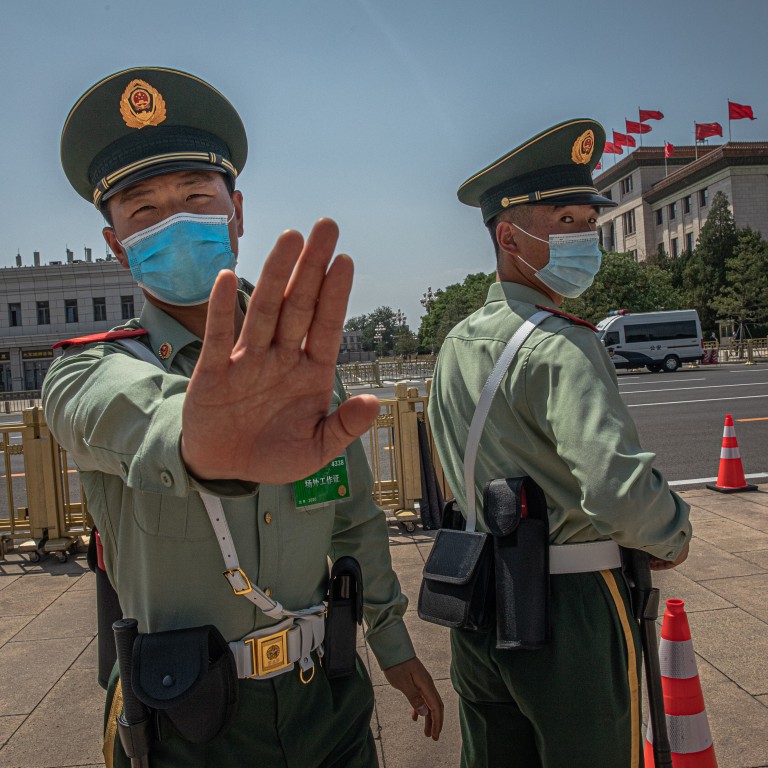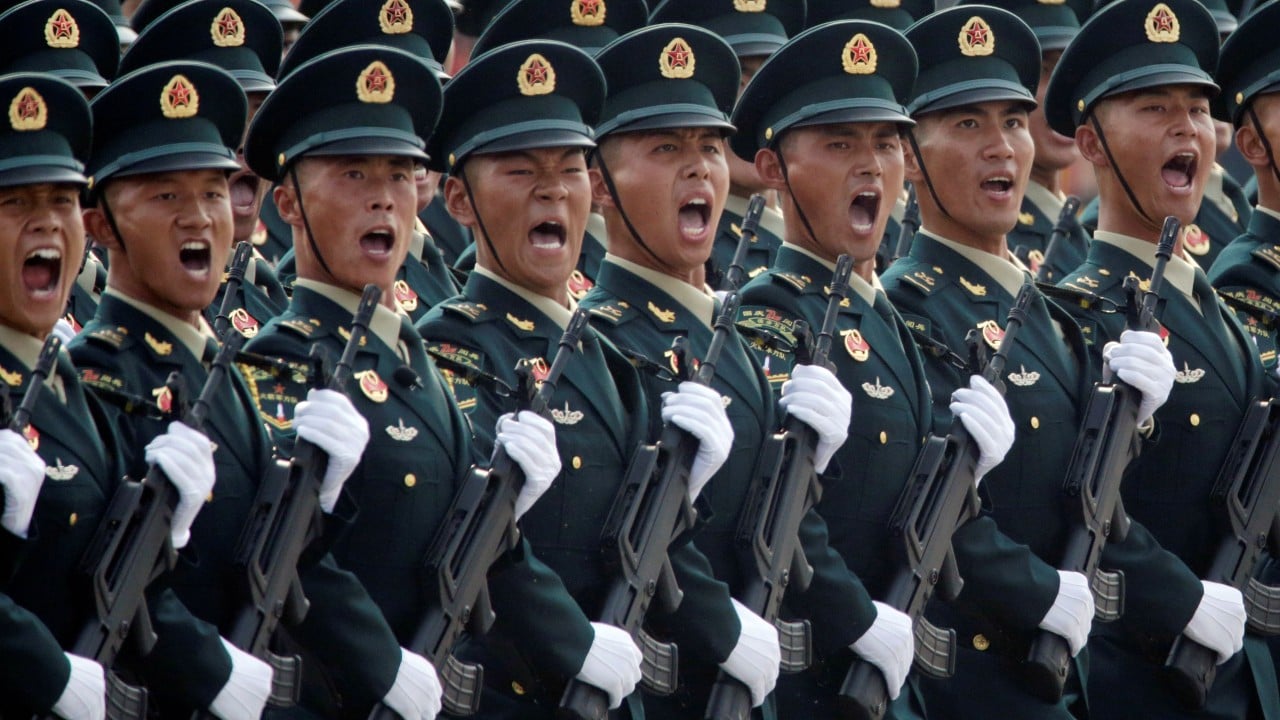
US-China relations: new cold war a struggle over information, not democracy
- This new economic and technological cold war’s most potent weapon is not ideology but information, which gives China an advantage and the US-led West a handicap
- The West is handicapped but not doomed in this struggle, but it cannot count on glasnost taking place in today’s China to win this time round
A cold war. Extreme competition. Strategic rivalry. Call it what you want, what matters is a prolonged struggle for supremacy between the United States and China is under way.
Great power rivalries rarely end in indefinite stalemate, which means there can only be three outcomes: the US remains the dominant global power, China replaces it or a hot war decides.
Neither side wants the latter. A shooting war will send the world reeling. Let’s not think about how it would devastate Hong Kong, a front line in the US-China rivalry.

01:15
China-Australia trade: Beijing set to ban nearly US$400 million worth of Australian wheat imports
The West won the Cold War against the former Soviet Union with an arms race and by squeezing its economy. The players and facts were different. Many in Soviet bloc countries yearned for freedom.
Mikhail Gorbachev, who headed the Soviet Union in the mid-1980s, was a reformer who emphasised glasnost, or openness, that allowed greater freedom. He knew the Soviet Union’s collapsing economy and inability to match then-US president Ronald Reagan’s arms build-up would lead to defeat.

04:12
Are Xi Jinping’s China and Donald Trump’s US destined for armed conflict?
This new economic and technological cold war’s most potent weapon is not ideology but information – controlled versus free-flowing information. This deals China an advantage and the US-led West a handicap.
Democracy won the old Cold War, but democracy is its own worst enemy in the new one, especially in the age of the internet. Beijing prevents US leaders from speaking directly to the Chinese people about the virtues of democracy.
WeChat ban urged by US gets sceptical review by appeal court
US media can refuse a platform to mainland diplomats and leaders, but it won’t because of free speech principles. Banning wolf warriors would allow Beijing to mock the US for banning free speech even though China is the global leader in limiting free speech.
Democracy is handicapped in this new cold war, but that doesn’t spell defeat. What it does mean is the West can’t count on glasnost to win this time round.
Michael Chugani is a Hong Kong journalist and TV show host

